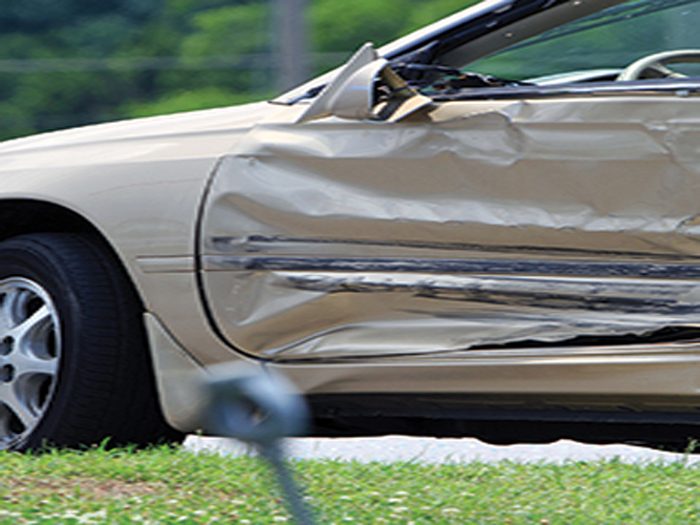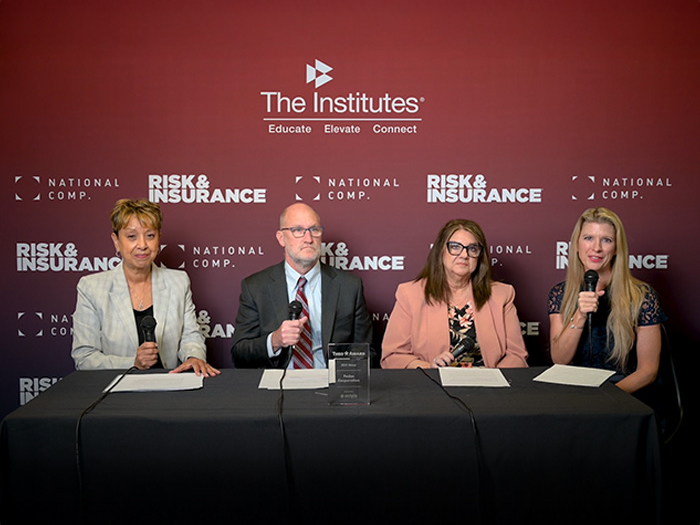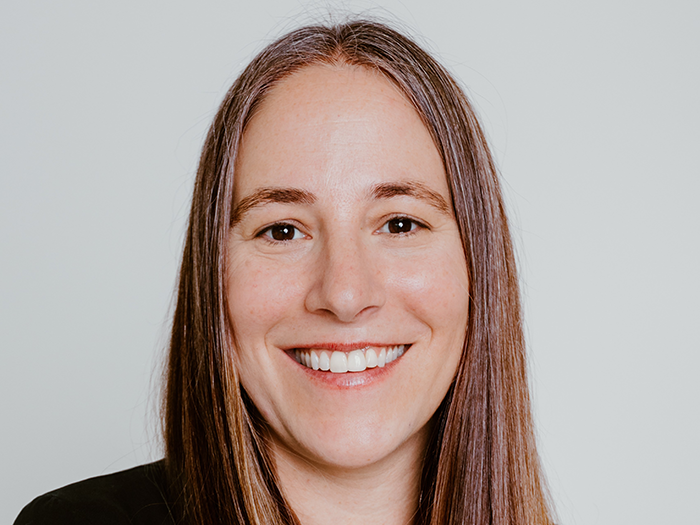The Law
Negligence Lawsuit Cannot Go Through After Workers’ Comp Award

Victor Campos fell ill during his shift as a Department of Public Works (DPW) employee and decided to head home early to recover.
Campos was working on site at City Hall, and in order to clock out early, he had to return to the DPW to file proper paperwork with his supervisor. Unfortunately for Campos, another city worker, police officer Miguel Cruz, ran a red light and hit Campos’s vehicle on his way to the DPW. Campos filed for workers’ compensation a few weeks later.
He received workers’ comp benefits for the accident. Then, almost two years after the accident, Campos filed a negligence lawsuit against both the city and Cruz. A trial court, however, said the complaint was barred, because Campos already received benefits for his injury and therefore could not sue the others for damages.
Campos brought the case to appellate court, arguing that he was not acting in the scope of his employment while driving back to the DPW. He said he decided to return to the DPW for his own sake to fill out the paperwork to go home.
He further argued the trial court was wrong in its assessment that his lawsuit was barred by already receiving workers’ comp benefits; he insisted a settlement of his claim did not bar a third-party claim against his employer.
“That plaintiff was not physically at his workplace when the accident occurred is thus of no moment,” said the court. “Indeed, as a DPW worker, plaintiff could have been working in any part of the City when he was involved in the accident.”
The appellate court reviewed the circumstances. They concluded, “[Campos] left [City Hall], not to go home, or to go to lunch, or to accomplish some personal errand. He left the City Hall location to go to the DPW office, to submit paperwork in order to take a half-day off.”
This, the court said, was in the scope of Campos’s employment. The employer’s protocol was to file paperwork if a worker were to leave early.
“That plaintiff was not physically at his workplace when the accident occurred is thus of no moment,” said the court. “Indeed, as a DPW worker, plaintiff could have been working in any part of the City when he was involved in the accident.”
As for Campos’s claim that a settlement did not bar a third-party claim against his employer, the court determined that since Campos received workers’ comp benefits, he could not pursue a negligence claim for damages resulting from the same accident.
Scorecard: Victor Campos cannot pursue a negligence claim against his employer, because he already received workers’ compensation.
Takeaway: When workers’ comp is awarded, negligence claims cannot be pursued for the same incident. Employers need to document each claim to eliminate any doubt in case an employee decides to take further legal action. &








